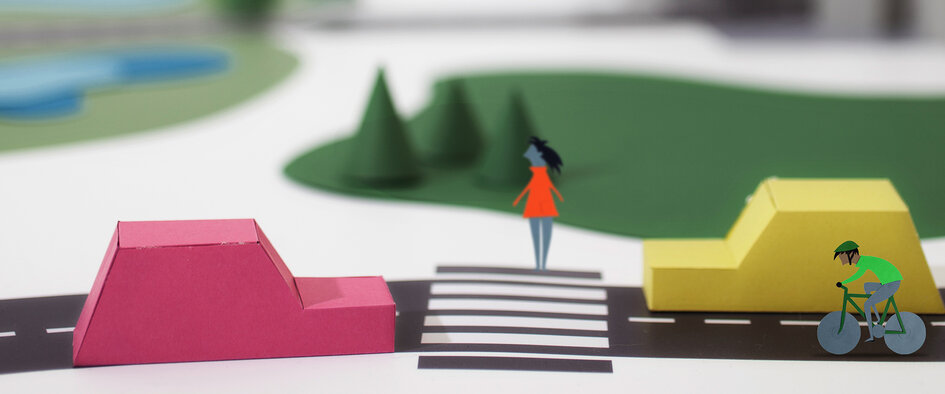
Global Alliance of NGOs for Road Safety – Photo Contest for #SlowDown
The Global Alliance of NGOs for Road Safety is holding a photo contest for the Save Lives: #SlowDown campaig, the official campaign of the Fourth United Nations Road Safety week to encourage non-governmental organizations (NGOs) from around the world to take part. The Alliance will feature the best photos sent in on their social media during the next Alliance meeting. We encourage our youth network to also take part!

The Save Lives: #SlowDown campaign is being launched soon at www.unroadsafetyweek.org
The Fourth UN Global Road Safety Week is focusing on speed management and takes place on 8-14 May 2017 globally. The week is being prepared and aims to quickly mobilize the global road safety community into action.

The Global Alliance of NGOs for Road Safety will run a photo contest starting 13 February to the end of March. A committee of experts will select a winner each week and the pictures will be displayed on the Alliance Facebook and Twitter page and during the Fifth Global Meeting of Nongovernmental Organizations Advocating for Road Safety and Road Victims in Kuala Lumpur, Malaysia 3-6 April 2017.
Please share your photos and help to the global effort to make this Week a success!
We encourage our youth network to take part, show creativity and celebrate the build up to the week.
The picture categories are:
- pictures with #SlowDown signboard and action priority
- pictures of speeding and speed management initiatives
- pictures of NGOs’ in action.

Enter here to download the #SlowDown signboard and find a few ideas and WHOs concept note for the #SlowDown pictures.
Send your high resolution pictures to admin@roadsafetyngos.org, and follow us on Facebook and Twitter for the contest’s updates.


















